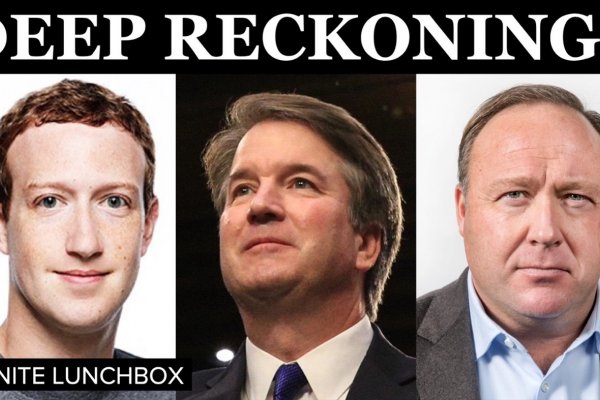Deep Reckonings

What would happen if Mark Zuckerberg, confronted with his techno-utopianism, had to give an account? The media artist and producer Stefanie Lepp deals with this question in a video of about four minutes in the project DEEP RECKONING.
The "work in progress" DEEP RECKONING, which began in 2015 with a podcast, makes use of the narrative strategies of the "deepfake" in that Lepp produced a series of videos in which public figures took responsibility for certain deeds. For example, Donald Trump for his lies in the 2020 election campaign. The question here is ultimately how artificial intelligence influences, helps shape or even produces our understanding of truth.
In the early days of the project, Lepp began keeping a wish list of moonshot guests - high-profile figures such as Pope Francis, Charles Koch and Mark Zuckerberg. In 2017, she discovered the phenomenon of deepfakes. In early 2019, she released an imaginary account of Pope Francis on abortion. That audio prototype served as the basis for further explorations of deepfakes and is considered pioneering work in the field.
In the videos of DEEP RECKONING, synthetic videos of specific personalities are combined with the voice of a real speaker. First, a video of the protagonist was selected, the script written and then spoken by the speaker according to the protagonist's facial expressions filmed in a video. Then the two videos were linked via the application of artificial intelligence in the sense of "video dialogue replacement" programmes. The programme manipulated the mouth of the protagonist in such a way that it appears as if he is reproducing the script read by the speaker. The resulting video thus looks exactly like the original video - but was provided with a different dialogue. In the intro and credits of the video and through other explicit references, the video was revealed by the artist as a "deepfake".
With this project, the artist addresses how truth and lies are created and communicated in the age of digital media, deepfake and fake news. Deception and simultaneous disclosure of the processes form a narrative that discusses between fiction and reality how ethical implications of synthetic media could be conceived.
